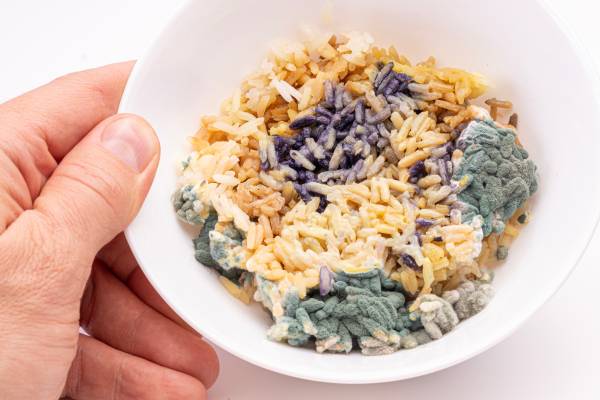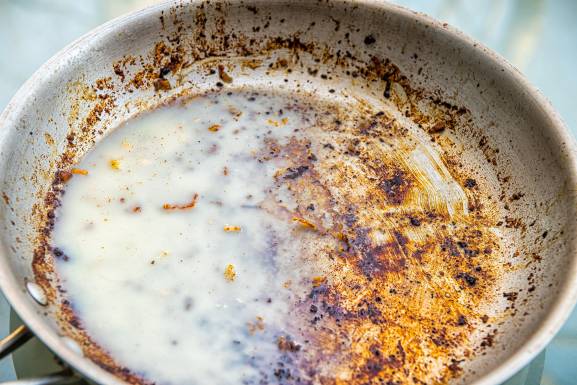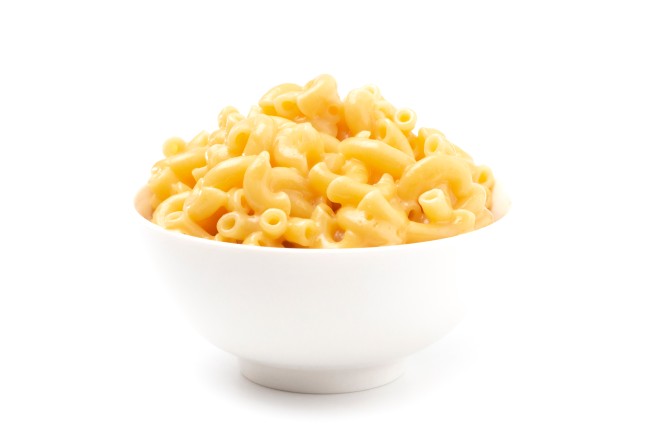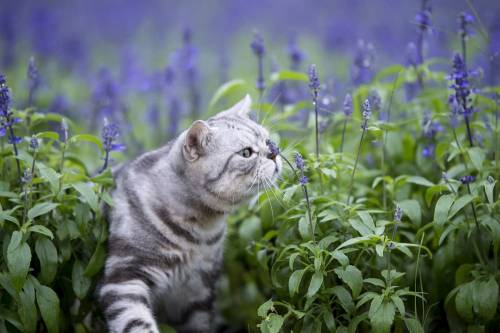Connect with a verified veterinarian in minutes. Licensed vets are available 24/7 to answer your questions. No need to worry about your furry family member.
Cats sometimes get into things they shouldn’t, such as trash or compost! Or sometimes, their leftover cat food may not be cleaned up, causing the food to go moldy. So, it’s possible a cat could eat some moldy food. But can moldy food make a cat sick?
Has your cat eaten moldy food? Are you worried that moldy food will make your cat sick? If so, you’ve come to the right place. We understand it can be scary when your cat eats something like this.
We’ve gathered information about moldy food and whether it can make a cat sick. Let’s get started!
What is Moldy Food?
Moldy food is food that has gone bad and developed mold. We must stop here and specify that some foods are meant to be eaten moldy, such as blue cheese. However, most food we eat is not supposed to be moldy.
Mold is a fungus that lives on animals (including us) and plants. Mold spreads by spores that travel in the air, in water, or even on bugs. Many molds are toxic and can make you sick if you eat them.
But can mold make a cat sick if she eats it?
Moldy Food & Cats
Unfortunately, eating moldy food can make a cat very sick. That’s because mold contains toxins that can be poisonous to cats. Moldy food can even be life-threatening.

Review symptoms, medications & behavior to keep your pets healthy with a Vet Online in just minutes.
Ask a Vet Live NowSymptoms of Moldy Food Ingestion in Cats
You may notice these symptoms if your cat has eaten moldy food:
- Nausea
- Drooling
- Agitation
- Vomiting
- Diarrhea
- Abdominal pain
- Staggering
- Lethargy
- Tremors
- Seizures
If you notice these or other concerning symptoms in your cat, call the vet immediately. This is an emergency.
And if possible, it’s a good idea to take a sample of the moldy food your cat was eating. This can help the vet determine how to treat your fur baby.
Treatment of Moldy Food Ingestion in Cats
The vet may induce vomiting and use activated charcoal to help your cat’s body get rid of the toxins. In addition, they may give your fur baby an IV with fluids and to administer medications. In some cases, the vet may also treat your feline companion with antibiotics.
And in extreme cases of toxicity, surgery may be needed to remove the toxic food from your cat.
The prognosis is best for cats who receive prompt medical treatment after eating moldy food. If your cat can get into the trash and compost bin, it’s a good idea to make these cat-proof. And always clean up your kitty’s food; don’t allow it to stay in the bowl and become moldy. You’ll both be happier for it!
Connect with a verified veterinarian in minutes. Licensed vets are available 24/7 to answer your questions. No need to worry about your furry family member.

Julie
Julie is a graduate of the University of North Carolina, Wilmington, where she studied Animal science. Though contrary to the opinion of her parents she was meant to study pharmacy, but she was in love with animals especially cats. Julie currently works in an animal research institute (NGO) in California and loves spending quality time with her little cat. She has the passion for making research about animals, how they survive, their way of life among others and publishes it. Julie is also happily married with two kids.
Review symptoms, medications & behavior to keep your pets healthy with a Vet Online in just minutes.
Ask a Vet Live Now




